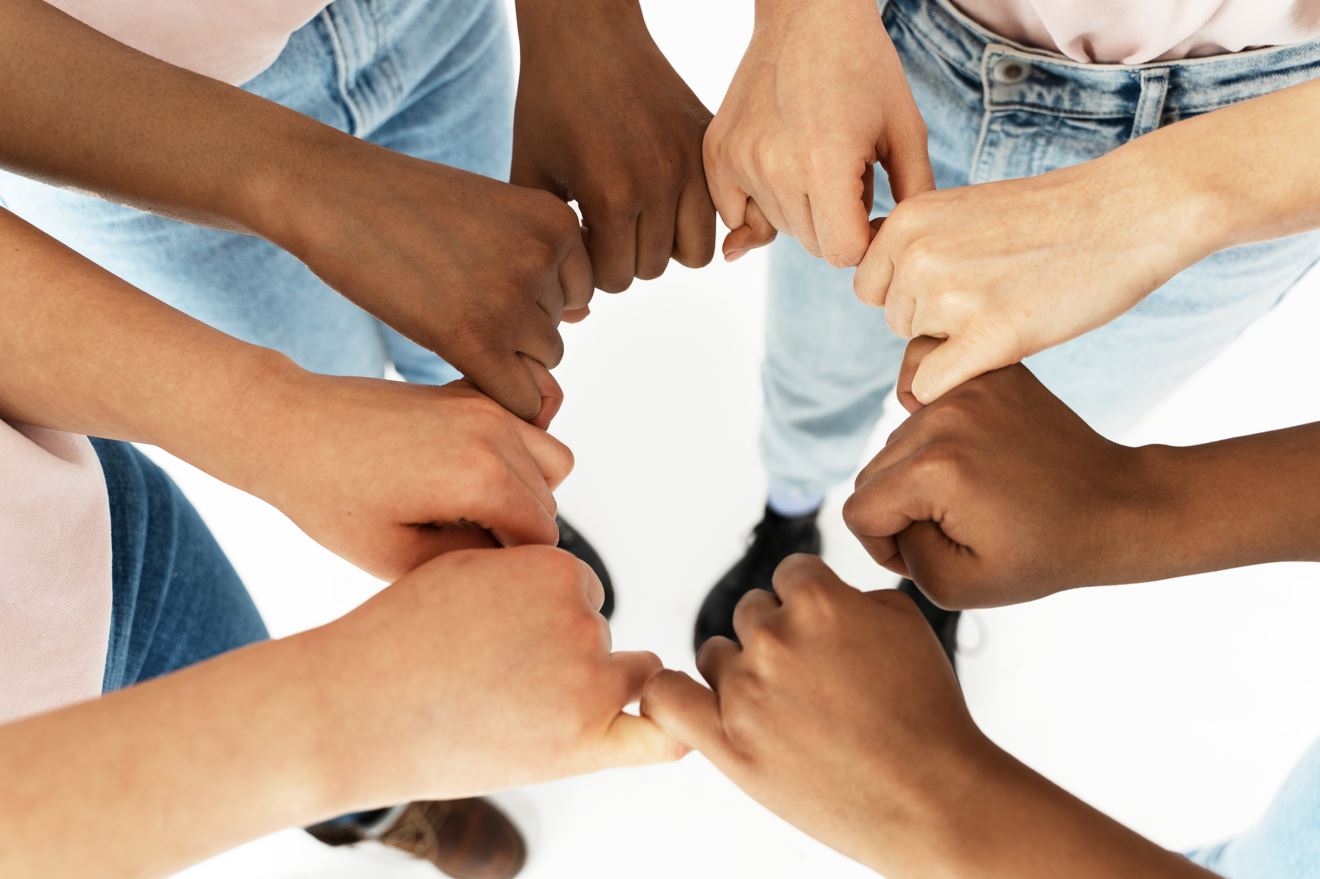Opinion: Beauty of embracing our natural skin colour

Colourism – the preference for lighter skin over darker shades – has deep roots in colonial history and continues to influence societal standards of beauty.
Walking on the streets of Nairobi, Mombasa, and other major urban centres, you would be forgiven to think all the girls you meet are Cushites from Northern Kenya because of their stunning beauty.
You would tend to believe that all girls in Northern Kenya are light-skinned. Yet, the reality is that in those places, girls proudly showcase their beautiful melanin and stunning natural beauty.
More To Read
- Study finds over half of skin-lightening creams contain unsafe mercury levels
- From alcohol to fragrance: Six lotion ingredients that could be harming your skin
- Ultimate guide to selecting the perfect scented candle for your home
- SMEs warn soaring prices of raw materials, costly licences threaten survival
- How to layer beauty products - and why skincare needs more than 10 minutes
- How harmful skin lightening creams are affecting Kenyans
City beauty standards have pressured many to alter their natural skin tones in an attempt to meet the often unrealistic ideals propagated by television and social media.
Despite Kenya banning skin whitening products due to their harmful chemical contents, a thriving black market persists, with a significant customer base among people from Northern Kenya.
This phenomenon is not limited to girls alone: Boys, too, have been swept up in the pursuit of lighter skin. In neighbourhoods like Nairobi’s Eastleigh and South C, one might mistakenly believe that people from Northern Kenya all share the same light-skinned lineage. The ubiquity of altered skin tones in these areas paints a misleading picture of our natural heritage.
Colourism – the preference for lighter skin over darker shades – has deep roots in colonial history and continues to influence societal standards of beauty. In urban settings, where media portrayal heavily favours lighter skin, many Cushitic individuals feel compelled to conform to these skewed ideals. The pressure not only hides their natural beauty but also encourages harmful practices that affect their health and self-esteem.
Societal pressure
The persistence of a black market for skin whitening products shows the desperation and societal pressure many face. These products, often unregulated and potentially harmful, promise a quick fix to a deeply ingrained issue. The appeal of lighter skin is so strong that individuals are willing to risk their health and well-being, driven by the hope of acceptance and perceived beauty.
This situation calls for a concerted effort to change the narrative around beauty standards in Kenya. We need to celebrate and embrace the diverse shades of our melanin that represent our true identity. Education and awareness campaigns can play a crucial role in dismantling the harmful myths associated with skin colour. By promoting self-love and acceptance, we can empower individuals to resist societal pressures and appreciate their natural beauty.
Stricter enforcement of the ban on skin whitening products is essential. Authorities must crack down on the black market to protect the health and dignity of those who feel pressured to alter their appearance. Community leaders and influencers can also contribute by advocating for natural beauty and rejecting colourist ideals.
Celebrities from Northern Kenya have played a significant role in promoting this harmful trend. Not only do they use these skin-whitening products themselves, but some even go as far as selling them to their followers. Their influence has led many to follow in their footsteps, perpetuating the cycle of colourism and unhealthy beauty standards.
These celebrities should be held accountable for their actions and called out for endorsing practices that damage people’s self-esteem and health. It's crucial that they use their platforms to promote positive, authentic representations of beauty instead. By doing so, they can help dismantle the toxic ideals they once supported and encourage a more inclusive and healthy standard of beauty.
The beautiful melanin of Cushitic girls and boys from Northern Kenya is a testament to our rich heritage and diversity. This natural beauty, with its deep, vibrant hues, reflects the history, culture, and resilience of our people. It's time we recognised and celebrated this beauty, challenging the false beliefs perpetuated by urban beauty standards and the harmful trend of skin whitening.
By embracing and promoting the natural beauty of our melanin, we can pave the way for a more inclusive and accepting society. A society where everyone feels valued and beautiful in their natural skin, regardless of the shade. This movement towards self-acceptance and appreciation can lead to a healthier, more confident generation that values inner worth over external appearances.
We must stand against the damaging effects of colourism and the pressure to conform to unrealistic beauty standards. Let us champion the beauty of our melanin and ensure that future generations grow up confident and proud of their natural appearance. We should create a world where every shade of skin is celebrated and everyone feels beautiful just the way they are.
Other Topics To Read
Top Stories Today











































